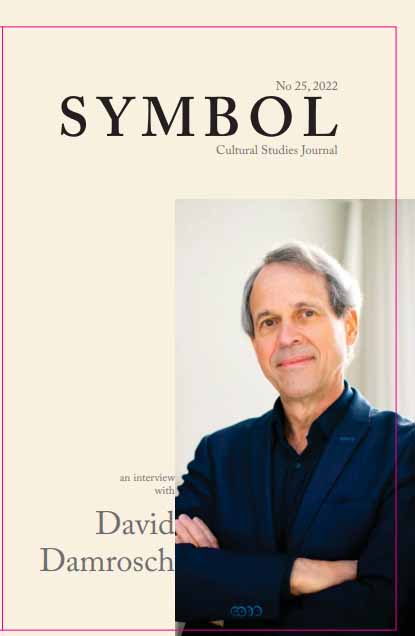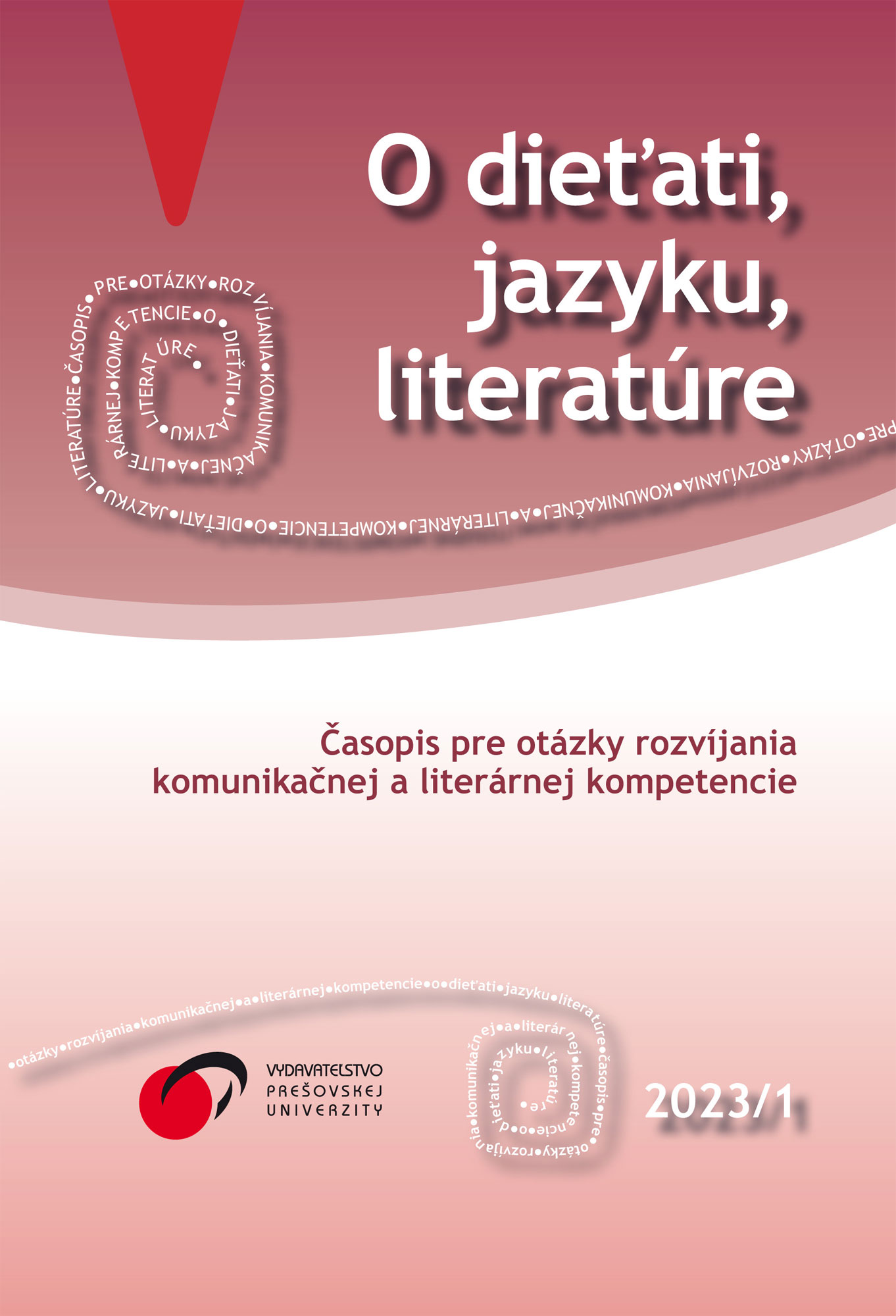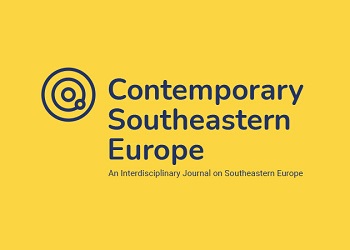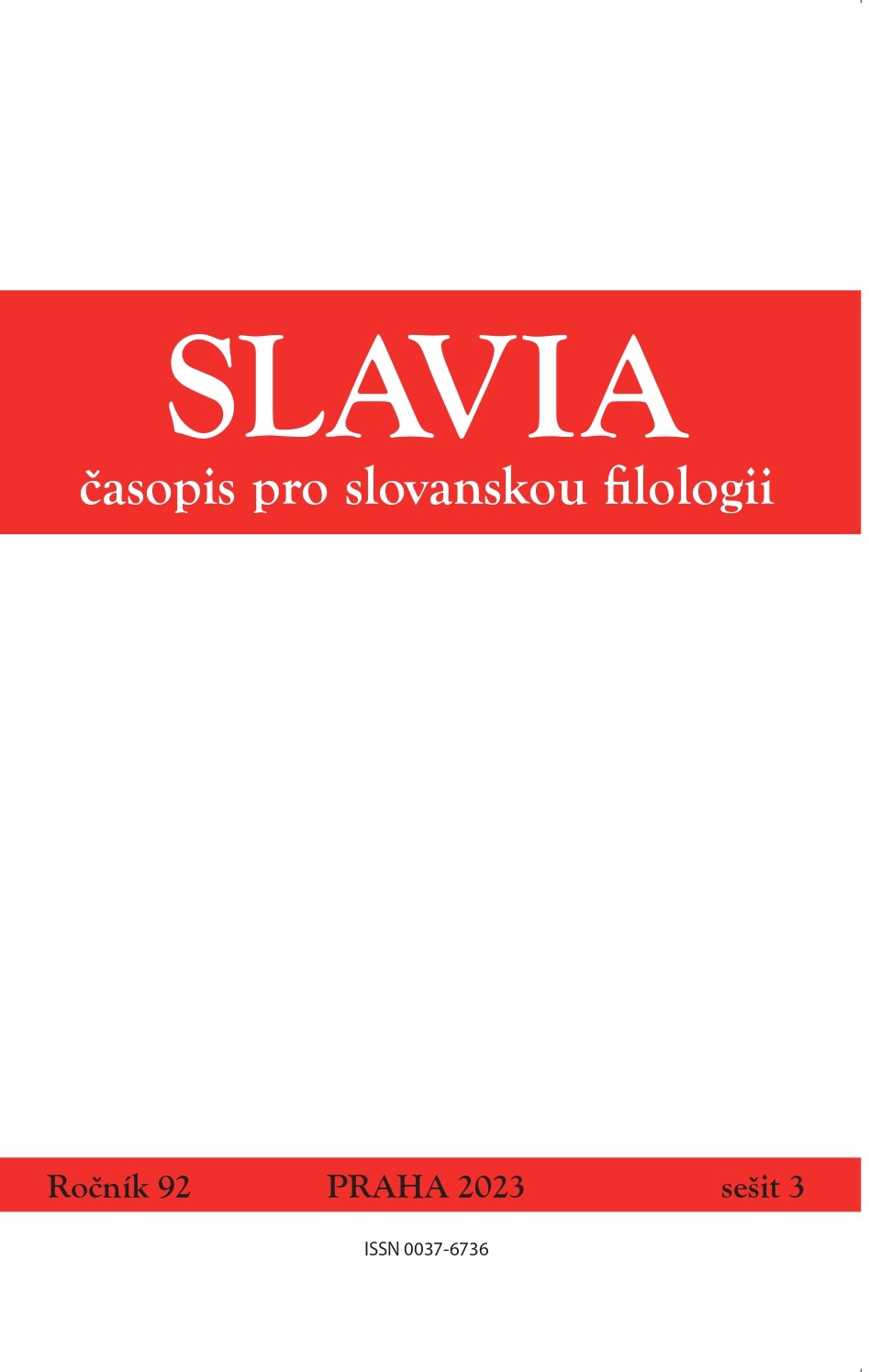Former Villages of Patara Liakhvi Gorge
Author(s): Giorgi Sosiashvili,Ioseb Alimbarashvili / Language(s): English
/ Issue: 8/2022
Keywords: Former villages; Patara Liakhvi gorge; Shida Kartli; historical sources; Riv. Patara Likahvi;
The gorges of Shida Kartli, including the Patara Liakhvi gorge, were densely populated already in the Eneolithic and early Bronze Age, as evidenced by the material obtained as a result of the archaeological excavations conducted in this area at different times (fragments of obsidian and clay vessels, collective and individual burials of the dead, copper or bronze blades etc.,) reveals, however, as a result of historical and natural cataclysms (epidemics, invasions of Lezgins and Ossetians, etc.), many villages became desolate. The names of some of the villages in Patara Liakhvi gorge have been preserved only by historical sources. As a result of studying the information preserved in the documents, it is possible to determine the location of several former villages in the Liakhvi gorge. One of these folktales “Kvabni” can be found in 1392 in document of the Catholic estates of Kartl-Kakhet-Meskheti, where a number of villages in the valleys of the Didi and Patara Liakhvi are mentioned. In the document we read: “Gori, the estates and merchants of Mtskheta, the village of Zerti, the village of Tsita with the estate, former village Satibi, the village of Kushi, the village of Disevi, Plavi, the village of Chkhriketi, the village of Satikhari and nine households of Vanati, the village of Kvabni, the village of Kordi and Patara Meghvrekisi. Ereds Giladze’s, Virsha Monastery with the introduction of Archangel; from Krtskhinvali Eliozidze a jew, with his estate.” The “kvabni” mentioned in the document, in our opinion, was located in the upper part of the Patara Liakhvi gorge and bordered the village of Vanati.
More...





